On 21st September 2018, entomologists involved in ECOMORE project and invitees met in Bangkok to review use of the In2care auto-dissemination system already in service in Cambodia and in Lao PDR during this rainy season.
This workshop was of importance to review operating constrains and preliminary results before the start of the ECOMORE project in Philippines; 80 In2care trap are operational in 12 schools in Cambodia and 600 traps in 2 villages in Vientiane municipality. The plan is to install about 3,000 traps in Lipa City in Philippines.
Before discussing any entomological results, it was critical to highlight difficulties encountered for installing and servicing In2care traps.
Mrs. Kalyan Chhoy, junior entomologist at IPC, fully involved in the field implementation of the entomological component of ECOMORE made a comprehensive presentation about the reality on the ground. Sébastien Marcombe from IPL confirmed that installing a trap every 400m2 is challenging because it requires an unexpected hard and time consuming work. The option to delegate control and maintenance to teachers or to households should be considered if the system efficacy is demonstrated to ensure sustainable serviceability of the system. Anyhow IPL demonstrated that the maintenance interval recommended can be significantly extended especially during the rainy season when water does not evaporate so much (vs. every 6 weeks in dry season).
Sébastien Boyer Head of the entomology unit of IPC presented preliminary results on positive breeding sites and adult trapping in the 12 intervention schools vs. the 12 non-intervention schools before and after vector control; the results of the implementation of the pilot trial in IPL campus and preliminary results in the 2 intervention villages (Sengsavang and Saphanthong Tai) shows a comparable increase of Aedes in 2018 vs. 2017. The Aedes population is measured by BG trap and CDC trap for adults and breeding sites are evaluated positive vs. negative in Cambodia, it is done by Ovitrap and BG trap in Lao PDR and will be monitored by GAT in Philippines. Monitoring by Ovitrap shows a clear decrease of larvae number in intervention areas and all larvae found in In2care traps and Ovitrap are dead. In both experiments, in Cambodia and Lao PDR the number of adult Aedes trapped by BG or CDC trap is limited and it requires further statistical analysis to be interpreted. The possible competition between GAT and In2care requires extra discussion by entomologists.
Paul Brey commented the diagram showing the mosquito density along the year and reaffirmed his certitude that vector control must be implemented during the dry season and starting intervention when dengue outbreaks start is too late.
Finally the 3 partner countries presented the epidemiological and virological monitoring protocol designed to assess impact of the vector control on dengue cases. Obviously the result of participation of school children in the saliva testing (3,004 children for the 1st testing, 98,6% for the second testing and 93,1% for the 3rd one), already demonstrated that this technique is very well tolerated and is appropriate for monitoring immunity in large cohorts. 4,600 school children will be tested by this method during the study in Philippines.
Preliminary results of inventory of positive breeding sites (Cambodia), discussions (National Stakeholders Meeting in Lao PDR) and debate between participants have shown that waste/rubbish management is critical for controlling Aedes population and so change of behavior is undeniably necessary. The impact of the COMBI approach conducted in schools in Cambodia is certainly disappointing but it is essential to persevere.
To conclude, Paul Brey, Director of IPL, reported that ECOMORE influence is already considerable in Lao PDR because after showing results of resistance to insecticides in the four villages of Vientiane Municipality during several national workshops and meetings, Authorities have decided to stop purchase of Temephos (Abate) and shift to Bti a biological product that did not yet show resistance in the region.
All participants, including Pr. Theeraphap Chareonviriyaphap from Kasetsart University in Thailand were keen to circulate this policy change to influence national authorities in the region. Organization of a Regional Symposium on insecticide use in Lao PDR will be considered for next year.
Participants in the 2nd Transversal Workshop on Entomology:
- Paul Brey Director of Institut Pasteur in Lao PDR
- Sébastien Marcombe Entomology Unit of Institut Pasteur in Lao PDR
- Kalyan Chhoy, junior entomologist at Institut Pasteur du Cambodge
- Sébastien Boyer, Head of Entomology Unit at Institut Pasteur du Cambodge
- Theeraphap Chareonviriyaphap, Professor at the Department of Entomology, Faculty of Agriculture, Kasetsart University, Bangkok
- Ferdinand Salazar, Chief Science Research Specialist, Department of Medical Entomology at RITM in Manilla
- Jason Revoca Angeles, entomologist at RITM in Manilla
- Chris Dae-Yun Kim, Tropical Pest & Disease expert , Soongsil University- Seoul
- Wasana Boonyvan, post-doc student at Entomology Department- Kasetsart University
- Harmke Klunder, International Product Manager at In2care Company – Holland
- Suwida Kingmuangkow, Senior Officer at AFD-Bangkok
- Yves Froehlich, project coordinator at Institut Pasteur
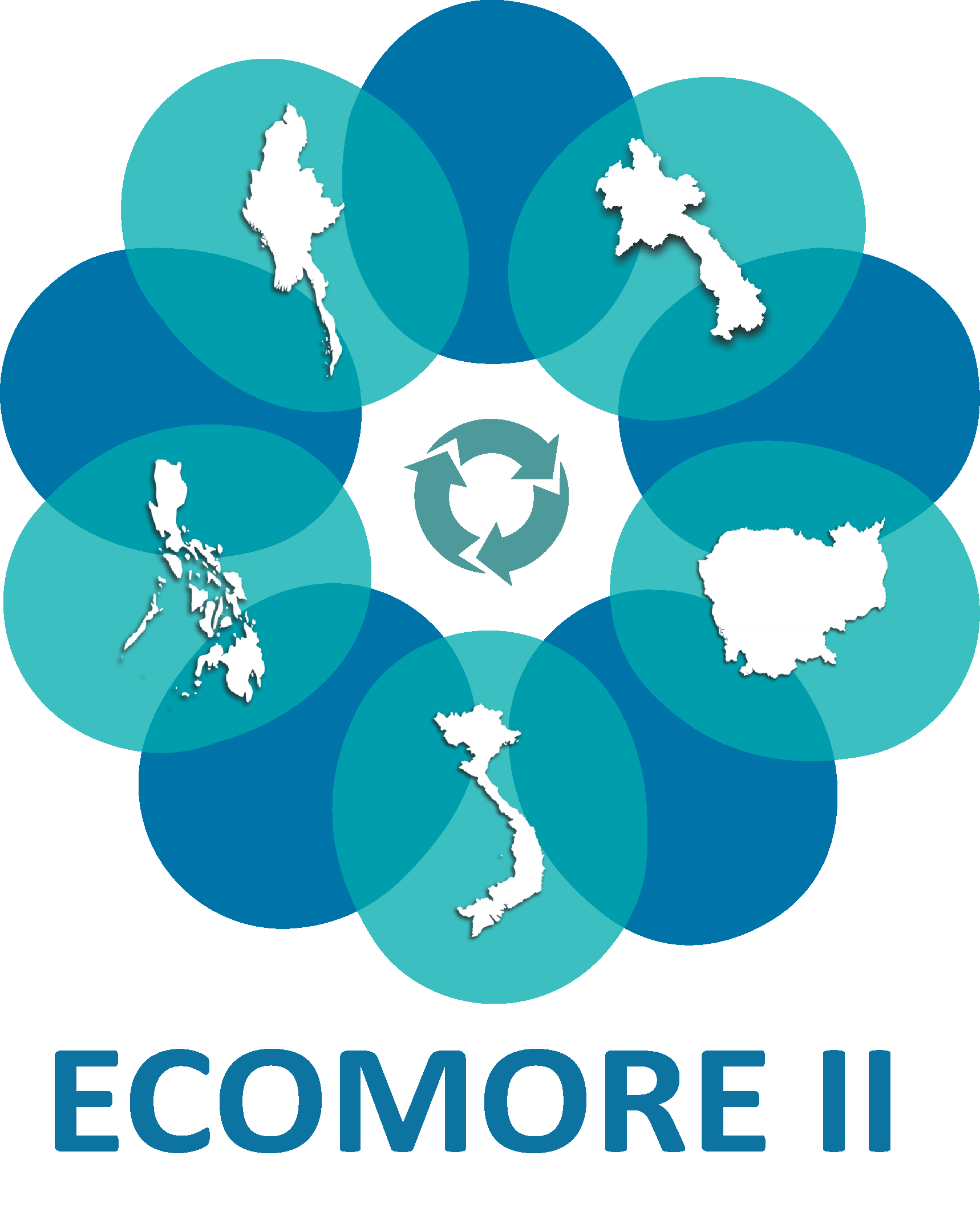
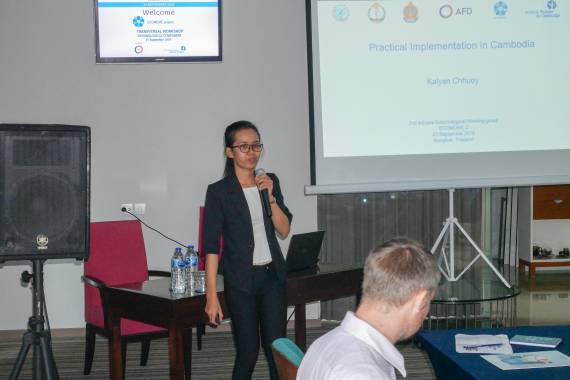
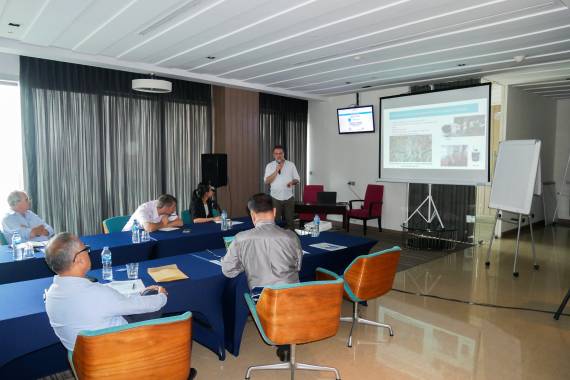
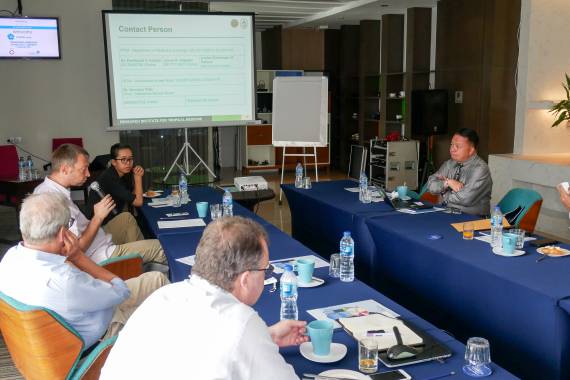
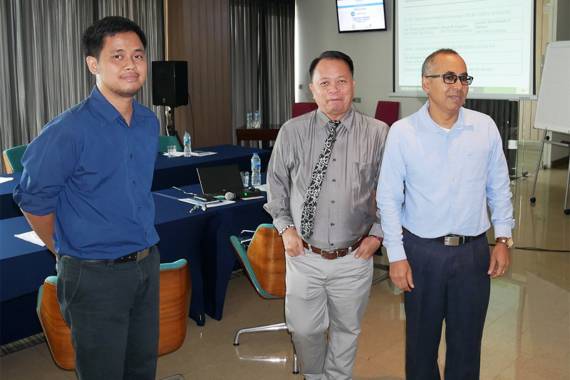
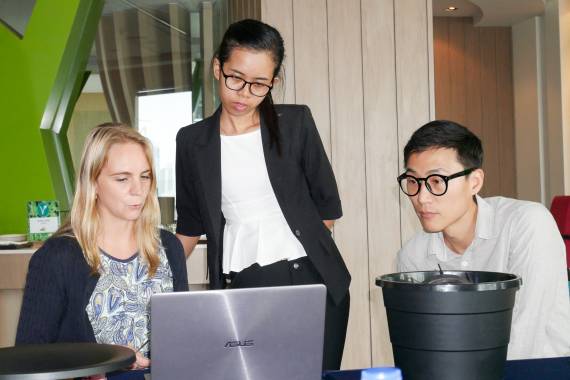
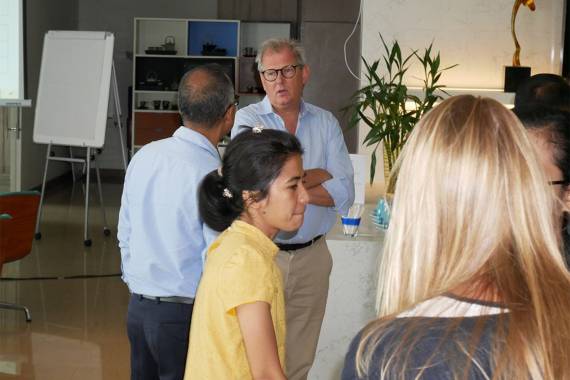
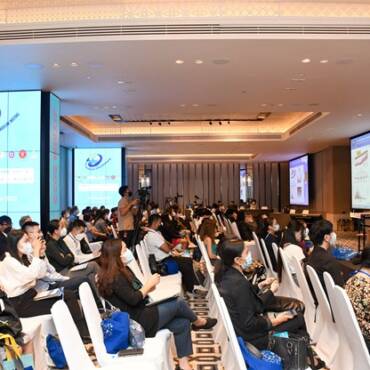
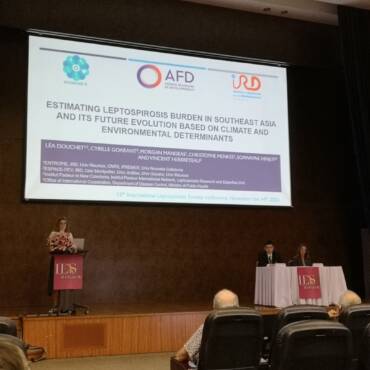
Add Comment